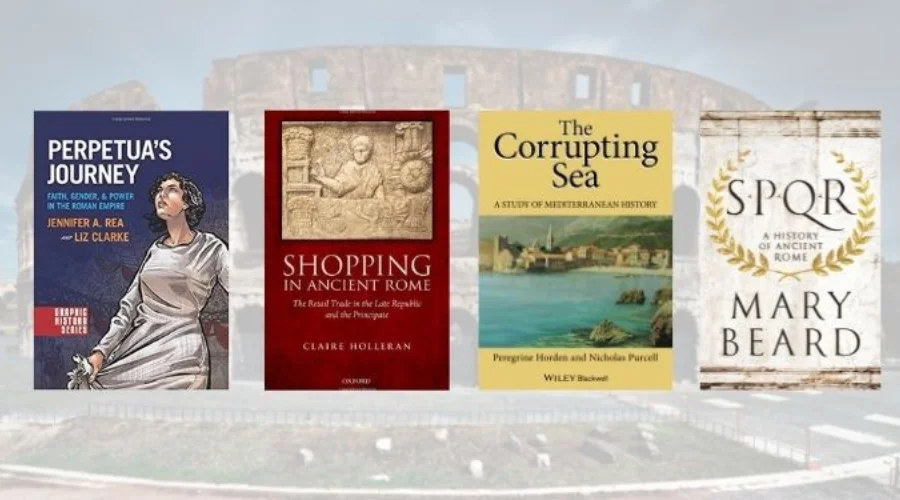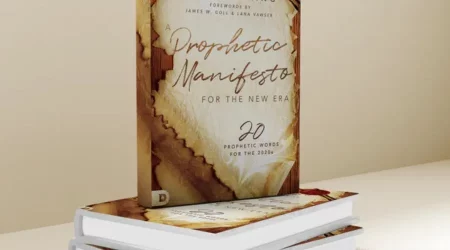Ancient Rome has left us with enough colorful characters to fill a full season of HBO series, ranging from gladiators to martyrs, lark-throated orators to fiddling despots. Though the stories of intrigue and incest put even the Lannisters to shame, the history of the Roman Empire and the Republic it replaced is more than simply a toga-clad Game of Thrones. One for each of the Caesars covered in our first pick, here are the best books on roman history visit legimi for more information.
The best books on Roman history:
1. The Twelve Caesars by Suetonius
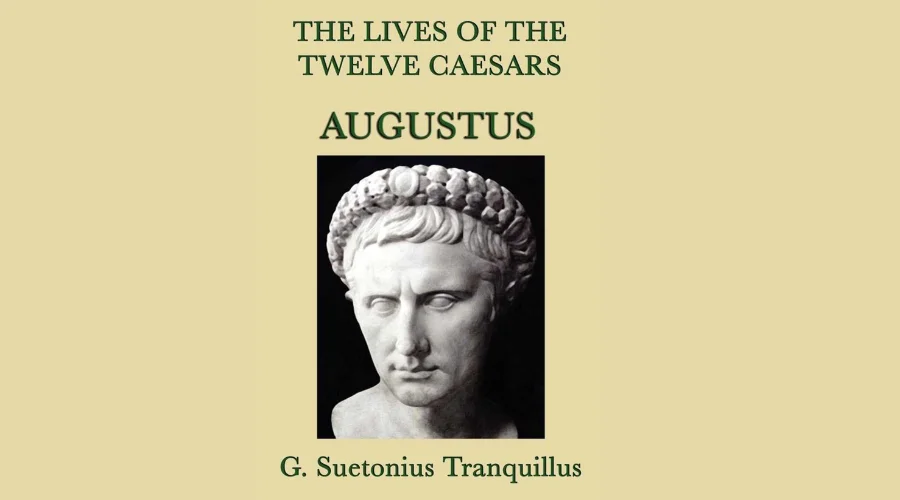
The renowned Gaius Suetonius Tranquillus, one of the sharpest historians ever to write in any language, was everything but calm when he turned his gimlet eye and scathing tongue on the founding fathers of the Roman Empire. He is best known by his given name, Suetonius, and he rose from a fairly affluent North African family to the inner sanctums of power in Rome, running the imperial archives under Trajan and later acting as Hadrian’s secretary.
Classics students have enjoyed The Twelve Caesars’ witty storytelling for millennia as a spice-filled reward for mastering the nuances of Latin syntax. It has the scandalous savor of a gossip rag. But now you can experience them without learning the fifth declension thanks to this readable translation by Robert Graves, the learned, silver-tongued author of the historical novel I, Claudius. This book is one of the best books on roman history.
2. The History of the Decline and Fall of the Roman Empire by Edward Gibbon
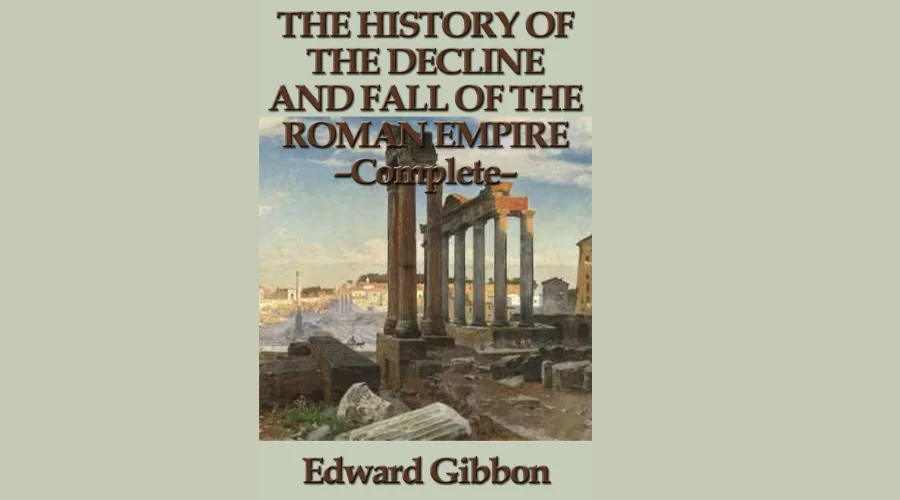
The History of the Decline and Fall of the Roman Empire is available in three volumes with more than a thousand pages in each, so more casual readers might be shocked to see it recommended so highly. However, there is a reason why this English classic has endured longer than Elizabeth II: it is an enormously entertaining work of scholarship that is far superior to even the wittiest of dictionaries. Gibbon’s first book may be as old as the United States, but his irony is still at its classiest, most refined in this work.
3. The Roman Revolution by Ronald Syme (1939)
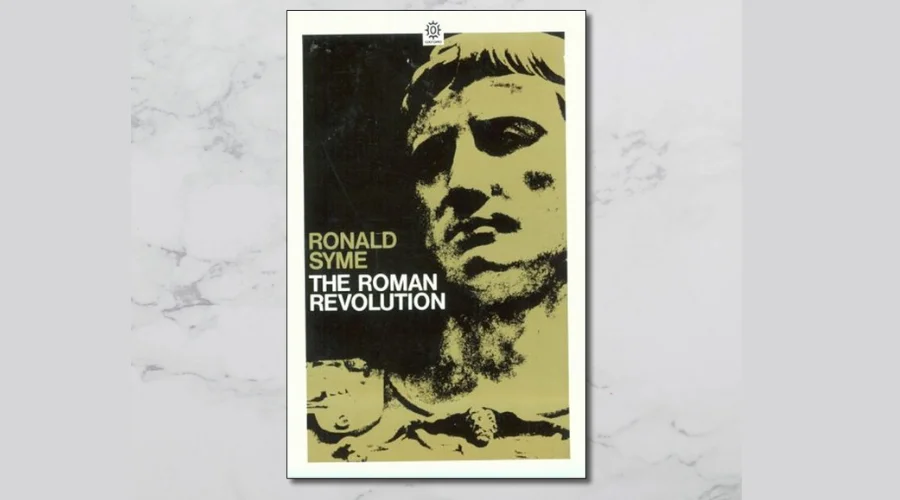
The Roman Revolution, a book written on the brink of World War II, examines the final moments of the Roman Republic and the establishment of the Principate under the dictatorial Augustus. Naturally, Ronald Syme’s lucid prose and persuasive logic conceal the unsettling overtone of Nazi Germany’s ascendancy. The end result is a remarkable piece that is still current and all too applicable today.
4. Cicero
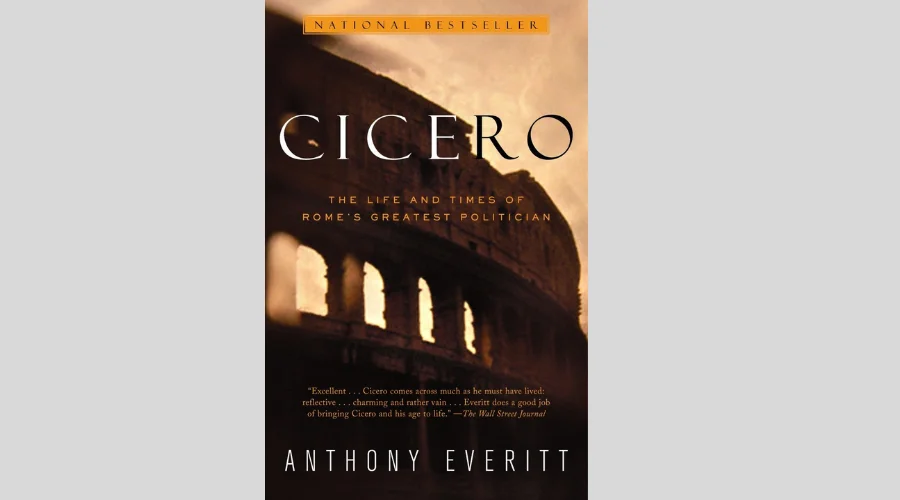
Through the eyes of the greatest orator in late Republican Rome, this eloquent and engaging biography of Cicero takes us through every scandal and upheaval. He appears in its pages as an endearing antihero struggling to get through the convoluted plot of a Shakespearean tragedy: clever, haughty, and motivated by principles in conflict with the political system he previously so deftly managed. It is one of the best books on roman history.
5. Rubicon
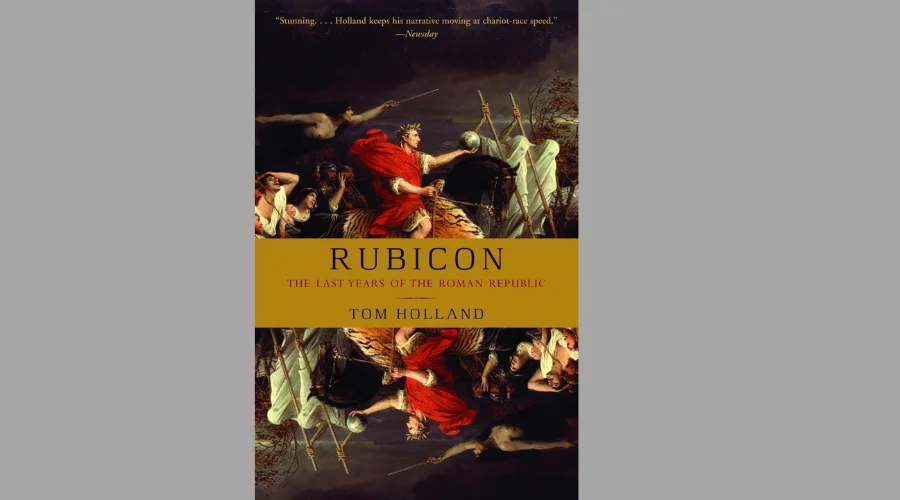
Despite the fact that both Spiderman and the Cambridge-educated author of Rubicon are verified users on Twitter, they are not to be mistaken for each other. As a novelist, this Tom Holland made his writing debut and produced creative, in-depth works that portend his future success as a popular historian. His best-known works of fiction include a vampire tale centered on a zombie Lord Byron and a Baz Luhrmann-inspired murder mystery that reimagines the fall of the Roman Republic in a metropolis in the late 1990s. Imagine Julius Caesar and a fax machine in the same frame.
6. Shopping in Ancient Rome
This approachable introduction to a fascinating subject is supported by both literary and archaeological data. This book is considered one of the best books on roman history. The late Republic and the Empire, according to Claire Holleran’s research, both relied on a thriving retail network that reached all social groups, from the senatorial aristocracy who dressed in linen and pearls to the freedmen who oversaw retail operations for their customers.
7. Turia
Despite its misleading title, Turia delivers a compelling tale with plenty of drama, shedding light on broad issues from Roman history like retribution, gender roles, and the family via the specific lens of specific relationships. Even though we don’t know her name, it’s difficult not to cheer for the book’s heroine. The story starts when Caesar-on-Pompey violence breaks out, killing the wife’s father and stepmother just days before her wedding. She is compelled to exact retribution on her own because she has no male relatives to turn to.
8. SPQR
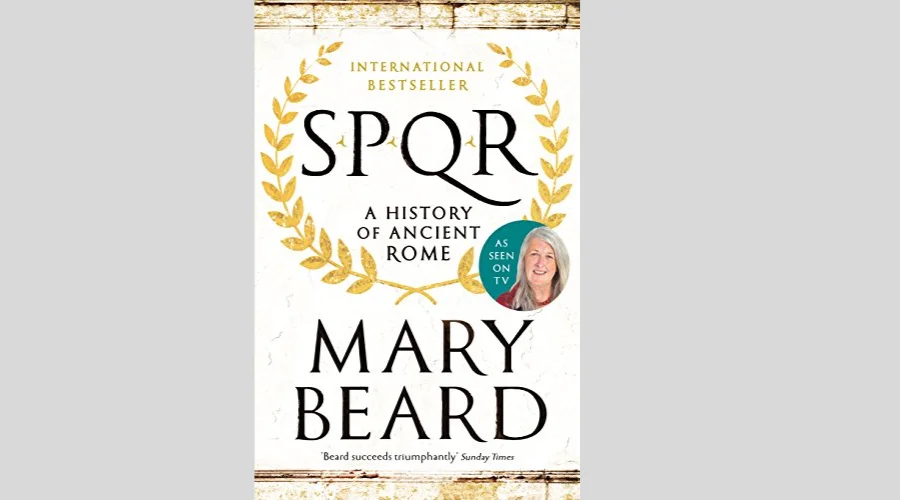
Mary Beard, maybe the greatest ancient history popularizer to ever pedal along the Appian Way, has done for the classics what Bill Nye did for science. The well-known Oxford don is equally captivating in text and on TV. She advances in time from the mythology surrounding Rome’s founding in a manner resembling a novelist’s high style and a tour guide’s charm. SPQR is the ultimate layman’s introduction to Rome because of her clarity and wit, covering everything from its enigmatic, kingly history to its remarkably resilient empire. It lies among the best books on roman history.
9. The Fate of Rome
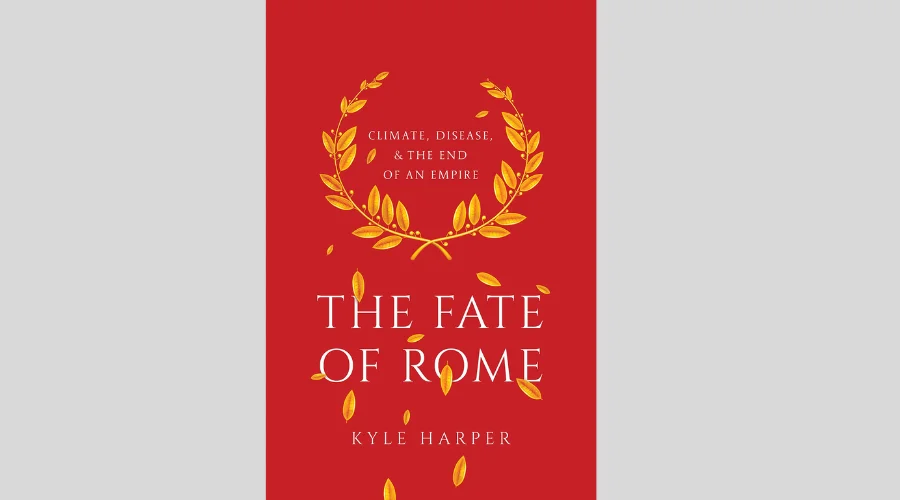
Kyle Harper, an environmental historian, addresses a topic that has interested politicians and historians for several centuries: why did the Roman Empire collapse? Harper looks beyond many of the obvious suspects—barbarians at the gate, religious extremists, and the like—in his narratively rich and thoroughly researched response. This book is known as one of the best books on roman history. He focuses instead on the interaction between the Roman populace and the natural world. The Fate of Rome is a novel that tells a story that feels all too real because it was written at a time when climate change was gaining increasing attention. Harper’s work, which supports historical storytelling with research from climatologists and pathologists, is certain to appeal to readers who enjoyed popular scientific books like Yuval Noah Harari’s Sapiens and Jared Diamond’s Guns, Germs, and Steel.
Also read : Everything You Should Know About Adobe Marketing Cloud
10. The Darkening Age
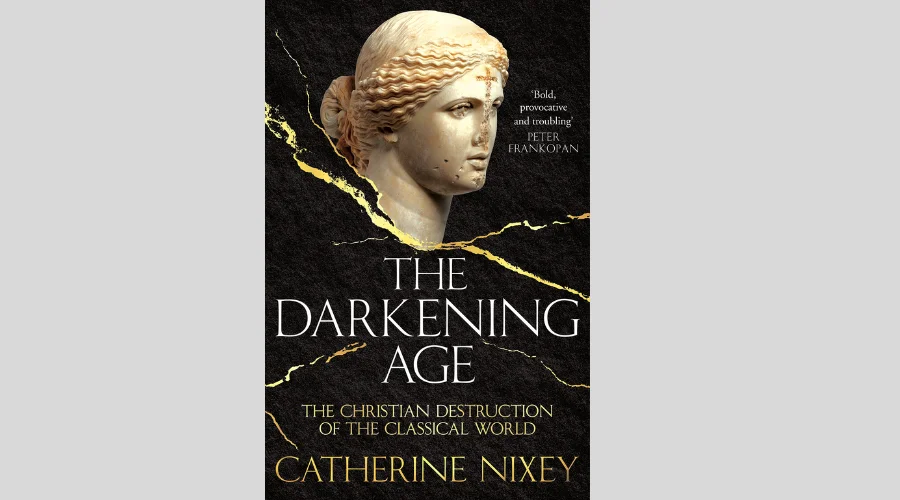
Veteran journalist Catherine Nixey takes on a persistent myth that, in her opinion, still shapes how we perceive the ancient Mediterranean: the idea that Christianity turned a cruel, brutal Rome into a place of courage and hope. It should come as no surprise that The Darkening Age made it onto bestseller lists, inviting scathing replies the entire time, given the contentious premise at its core (there’s no ignoring that incendiary subtitle!). Nixey’s skillful narrative, which was honed by years spent working at a news desk, is based on dramatic set-pieces, such as the mob execution of the philosopher and mathematician Hypatia, who was flayed alive with pottery shards and torn to pieces after her death. It is one of the best books on roman history.
Conclusion
The Roman Empire lasted for more than a millennium and covered a sizable portion of the globe. There is much for aspiring historians to think about, whether they wish to learn about the early years of Rome when it was only a little town in Italy instead of the enormous worldwide force it would become, or the last years of the Roman empire when it became the Byzantine Empire. For more information about the best books on history of rome visit the official website of Feedhour.




